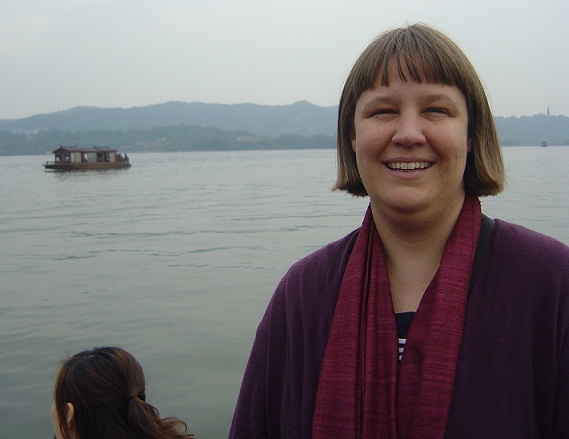Sirkka Möller: I want to be surprised by the power of cinema
Lugemisaeg 4 minHonourable member of our Sleepwalkers Film Festival’s panel Sirkka Möller shared her thoughts on the essence of short film.

Sirkka Möller has been working for international film festivals since 1988. She has experiences in programming, international film sales, training, project development and is a regular moderator at festivals. Programmed for DOK Leipzig, Sheffield IDF, FID Marseille, Fribourg IFF & Berlinale’s Panorama. Coordinates project development lab Doc Station for Berlinale Talent Campus. Lives in Berlin as freelance film curator & project consultant.
When can we speak of short film as a format? When can we say that we are dealing with a short film?
To me a short film is not just defined by its length, it is also defined by its form. Some shorts are mini-features, they want to look like a longer fiction film – but they feel shrunk or like an excerpt of something longer. I believe that in the short form you can and should work differently. The length for me is not so crucial, it should fit with what the filmmaker wants to express.
What is the essence of a good short film?
It should make me want to see more – it should rather be just a little bit too short than too long. Many short films are too long – it is one of the difficult aspects of filmmaking to find the perfect length. And I want to be surprised by the power of cinema. After all, in the beginning of cinema, all films were short.
Do you think that short format could be a more important form for film in the future?
If we assume that in the future we might only consume film online or on mobile devices and if you believe that the attention span of audiences is getting shorter – then yes. Most of the stuff that is watched on YouTube is short, even though most of it I wouldn’t call film. I hope that in the future we will still value film as art and not just as a way to capture funny cat and baby videos. And if we’re talking about finding new screening models for shorts, such as screening before concerts or conferences, various short film agencies have tried many alternative models already. When I attend a conference, most of the time if the speakers screen any audiovisual material, it will be badly shot YouTube clips that the speaker thinks will make their audience laugh. If we wanted them to screen good shorts, we would first need to educate them about the power of short films, and they would need to have a place where they can find the good short films, like a library where you can search for themes and styles and moods and find great things. And then we need to also solve the copyright and technical questions, like how to get the film to the viewer in good quality and the correct aspect ratio and so on. As for where and how shorts should be screened: I think that film should be screened to a group of people, it should be a collective experience. Preferably in the black box of a cinema, with a fixed start time. Not looped like it is in many galleries and museums. And certainly not solitary in front of your computer or smart phone.
The length of a dream, depending on its phase, lasts about 2–40 minutes. What kind of thoughts does that evoke?
That means that in a 90 minute programme of short films I will be able to experience and participate in a lot of film makers’ dreams. And since most mornings I can’t remember my own dreams, I have to go to the cinema…
Tallinn Black Nights Film Festival subfestival Sleepwalkers celebrates its 14th birthday at Tallinn University Baltic Film and Media School from the 19th till the 23rd of November.
